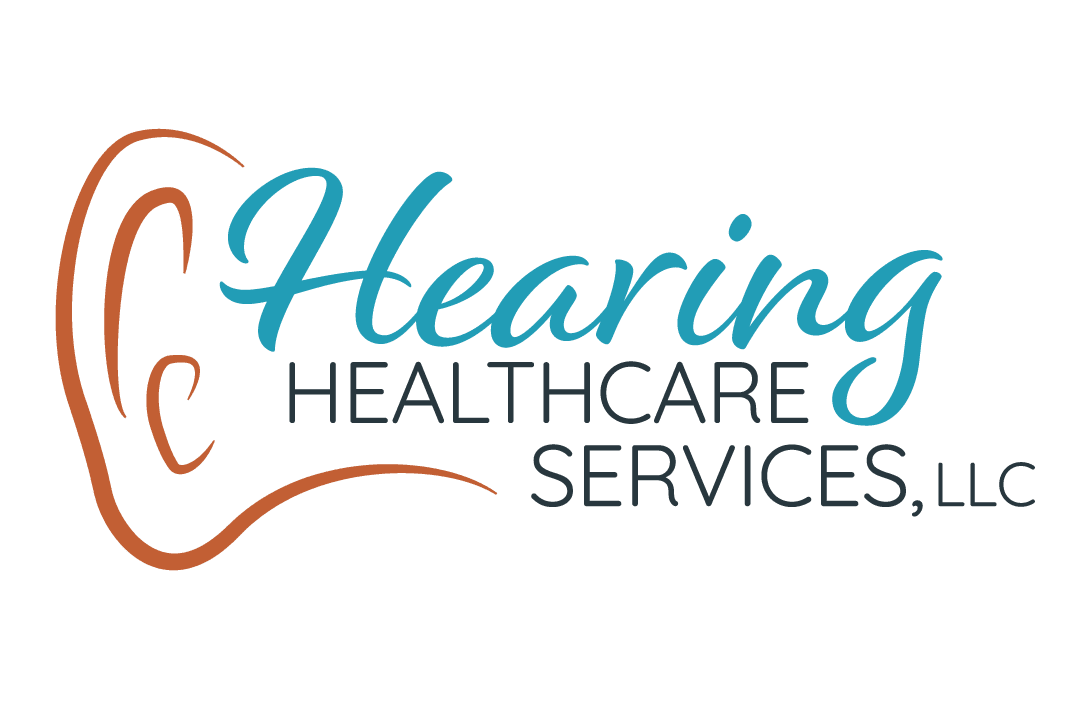
Falls are a major concern for older adults, as they can lead to serious injuries, loss of independence, and even death. One factor that may increase the risk of falling is hearing loss. Studies have shown that people with hearing loss are more likely to fall than those with normal hearing. Below are a number of reasons why hearing loss can increase the risk of falling.
- Spatial Awareness: Hearing is an important component of spatial awareness. It helps individuals detect and locate sounds in their environment. When hearing is impaired, it becomes challenging to be fully aware of the surroundings, making it easier to trip over obstacles or collide with objects.
- Auditory Cues for Balance: Auditory information contributes to the brain’s understanding of the body’s position in space. Hearing loss can affect the brain’s ability to interpret these cues, potentially leading to balance issues and an increased risk of falls.
- Difficulty in Detecting Hazards: Sounds such as footsteps, approaching vehicles, or other environmental cues serve as warning signals for potential hazards. Individuals with hearing loss may have difficulty detecting these warning signs, putting them at a higher risk of accidents.
- Reduced Awareness of Surroundings: Hearing loss can contribute to a reduced awareness of the environment, making it more challenging to respond to unexpected situations. For example, someone with hearing loss might not hear someone approaching from behind, increasing the likelihood of collisions or falls.
- Communication Challenges: Effective communication is essential for safety. Hearing loss can lead to misunderstandings and misinterpretations, especially in situations where verbal communication is crucial for avoiding hazards. This breakdown in communication can contribute to accidents and falls.
- Social Isolation: Hearing loss can lead to social isolation, as individuals may avoid social activities due to difficulties in communication. Social isolation, in turn, is a risk factor for falls, as it may lead to a decrease in physical activity and an overall decline in health.
- Cognitive Load: Struggling to hear and understand conversations can place an additional cognitive load on individuals with hearing loss. This increased cognitive effort may divert attention from other tasks, reducing the ability to focus on the environment and increasing the risk of tripping or falling.
How Hearing Aids May Help
What the Research Says
A 2023 study published in the Journal of the American Geriatrics Society found that people who wore hearing aids had about a 50% reduced odds of experiencing a fall, compared to non-users. And, the reduction was even greater among those who wore hearing aids at least four hours per day.
Conclusion
Hearing loss is a serious condition that can increase the risk of falling. However, there is evidence to suggest that hearing aids may help to reduce this risk.
In addition to the benefits listed above, hearing aids can also:
- Help you to hear softer sounds
- Improve your ability to understand speech in noisy environments
- Reduce feedback
- Make it easier to listen to music and other sounds
- Improve your overall quality of life
If you are considering getting hearing aids, do your research and talk to your hearing healthcare professional. There are many different types of hearing aids available. It is important to find one that meets your individual needs.
Please note that this blog post is for informational purposes only and should not be construed as medical advice. Always consult with your healthcare professional before making any decisions about your health.


Recent Comments